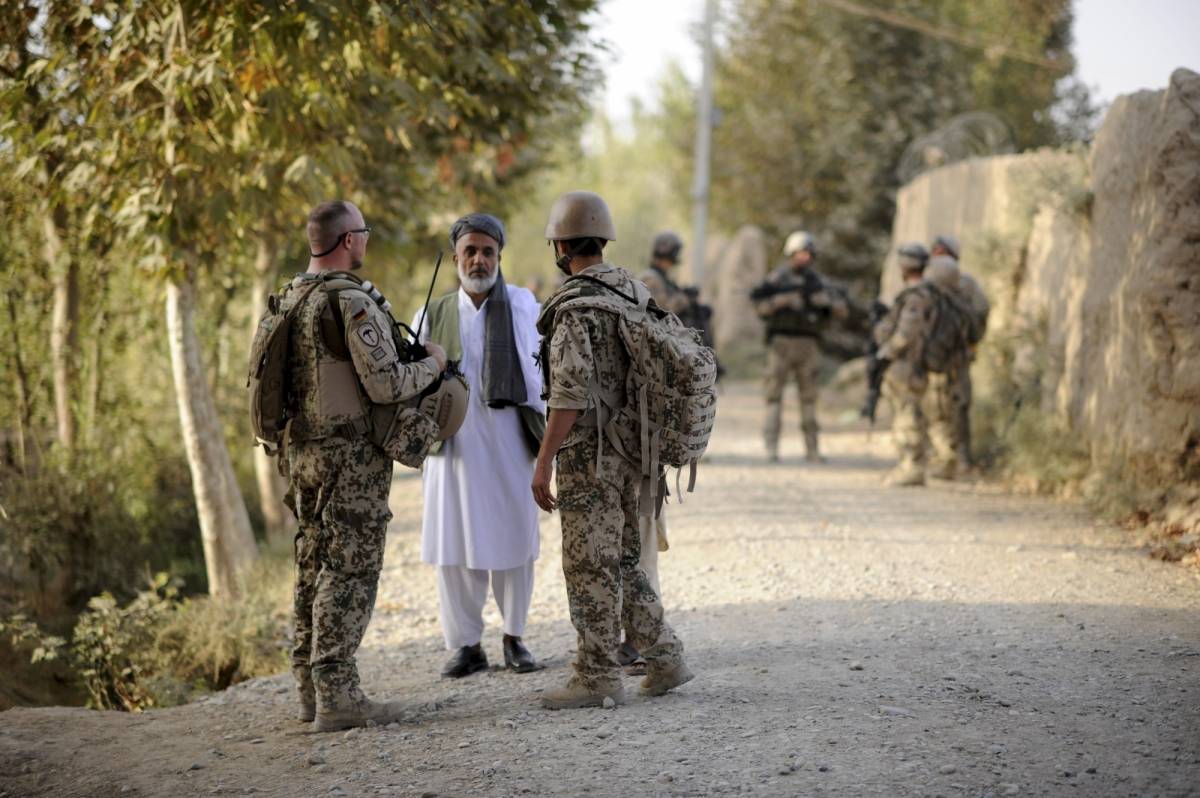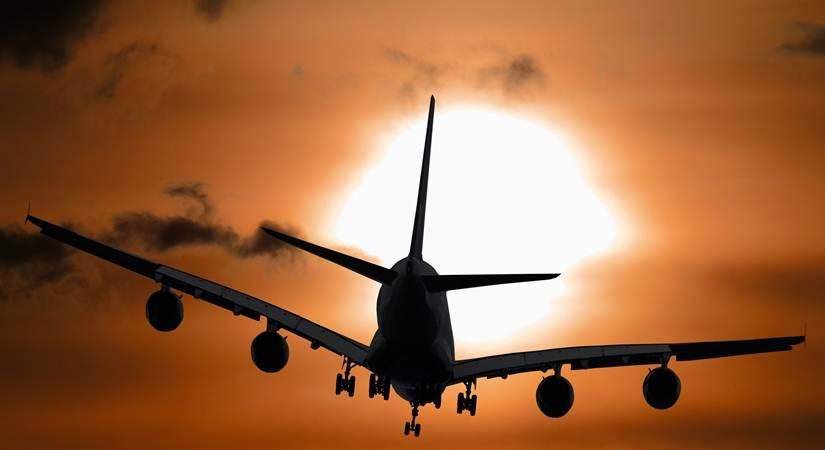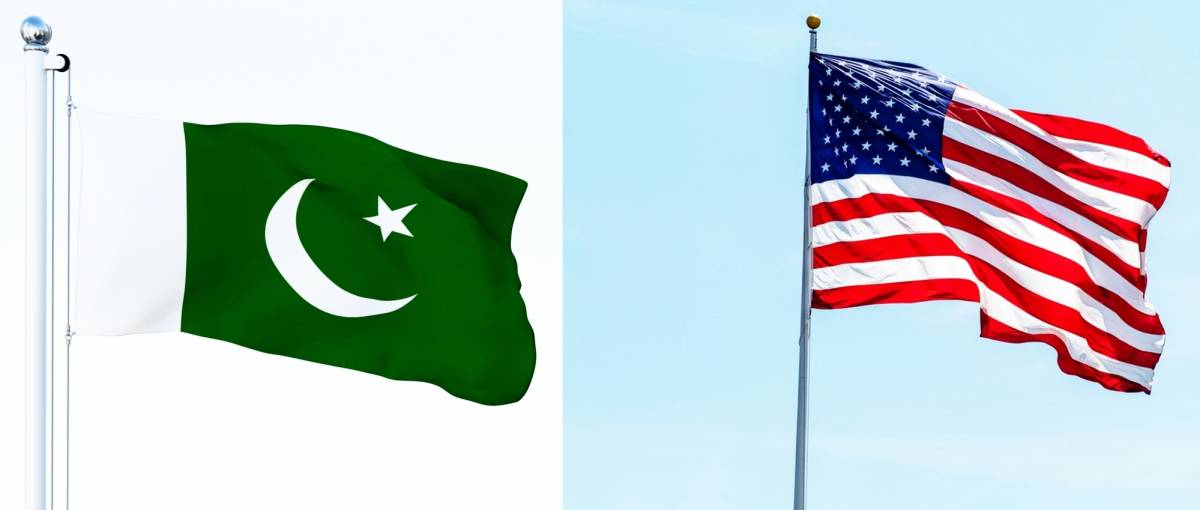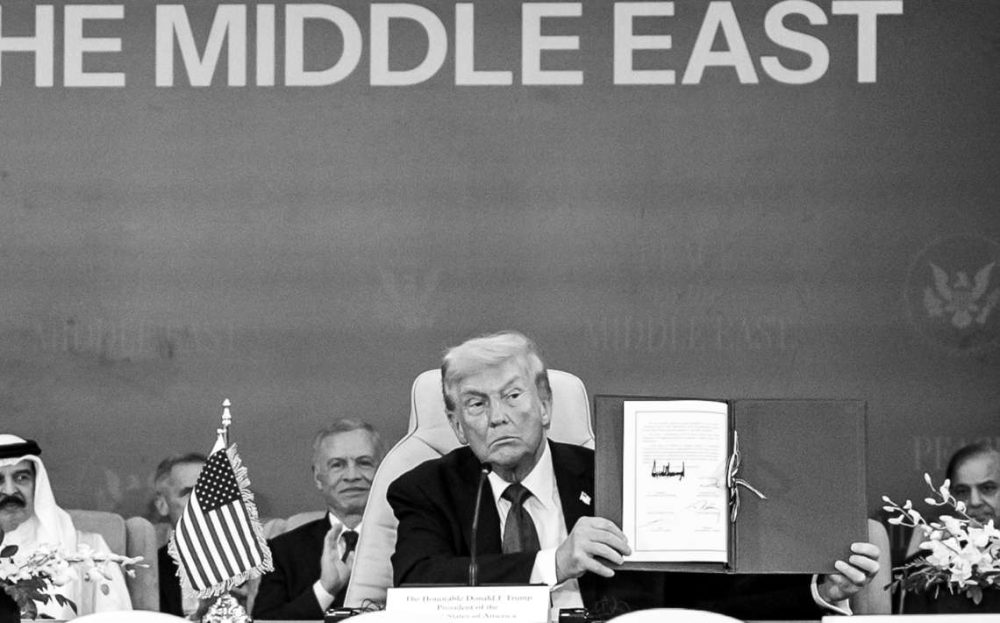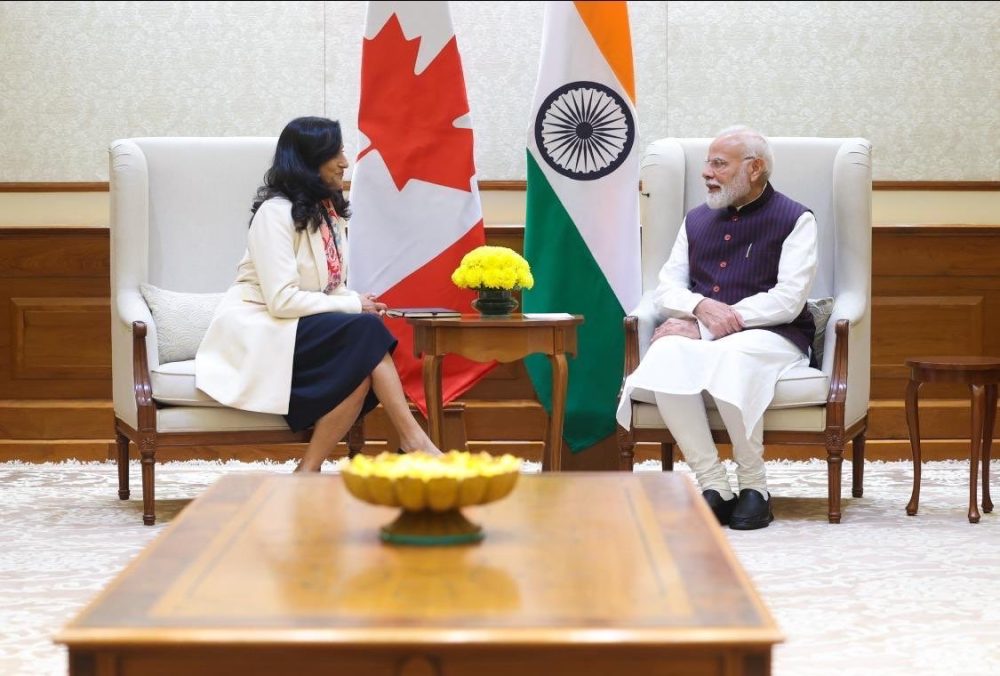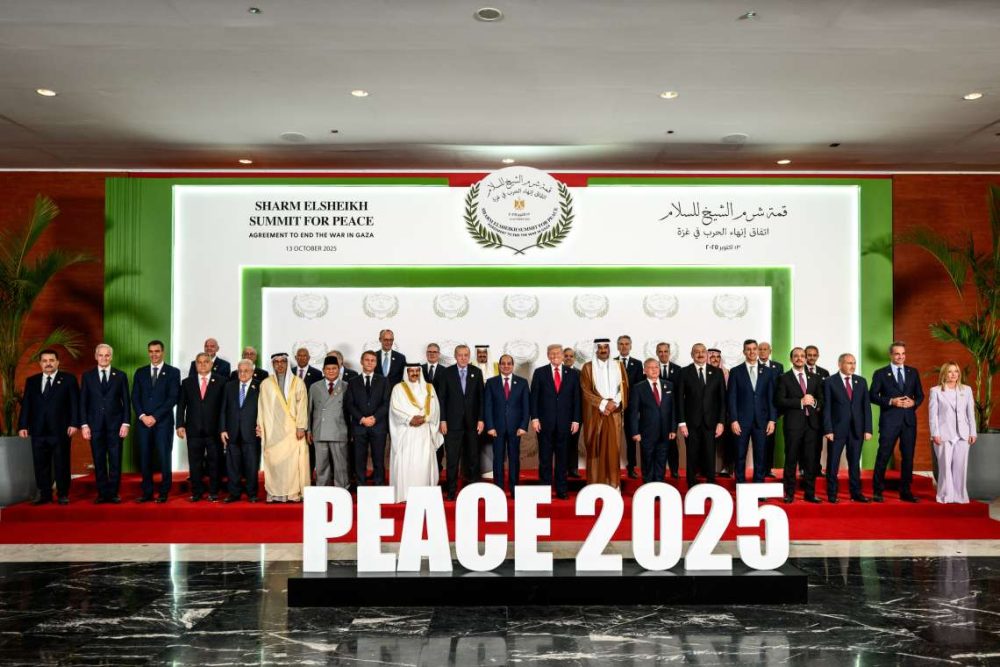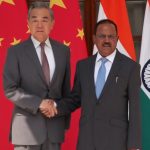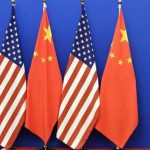Different countries in the region have their personal interests that impact their engagement in Afghanistan and their roles in the past, present and possibly in the imminent future are likely to determine the realpolitik at play between these regional powers…reports Asian Lite News
Afghanistan as the “heart of Asia” that connects the South and Central Asian regions is undergoing a humanitarian crisis that can have severe ramifications in international politics.
US President Joe Biden’s declaration to pull out all US troops from Afghanistan by September 11, 2021, has led to the difficult search for viable solutions which can possibly be achieved only through compromise evolving around common security challenges and an effective resolution of the ongoing Afghan war.
While there is a political peace process in motion, there seems to be regional tug-of-war between various nations in the neighbourhood. Different countries in the region have their personal interests that impact their engagement in Afghanistan and their roles in the past, present and possibly in the imminent future are likely to determine the realpolitik at play between these regional powers.
Pakistan, China, Russia, Iran and India are among the stakeholders that aim to gain and protect their interests in Afghanistan’s peace process. These states have been directly and indirectly involved in Afghan politics through diplomatic relationships and with the backing of several political groups.
While Russia, Iran and Pakistan are aggressively courting the imminent authority of the Taliban in this renewed peace process since 2018, China’s relations with these countries are believed to be further defining the new geopolitical and geostrategic game of Afghanistan after the US military withdrawal.
In Afghanistan, the Taliban have been swiftly advancing across the nation, while the US troops have already begun the withdrawal process after being stuck in this quagmire for almost two decades. The Taliban leadership claims of military control over Afghan territory has been increasingly growing and so has the anxiety of the regional powers that now have the responsibility of overseeing the vacuum generated by the departure of US and its NATO allies’ troops.
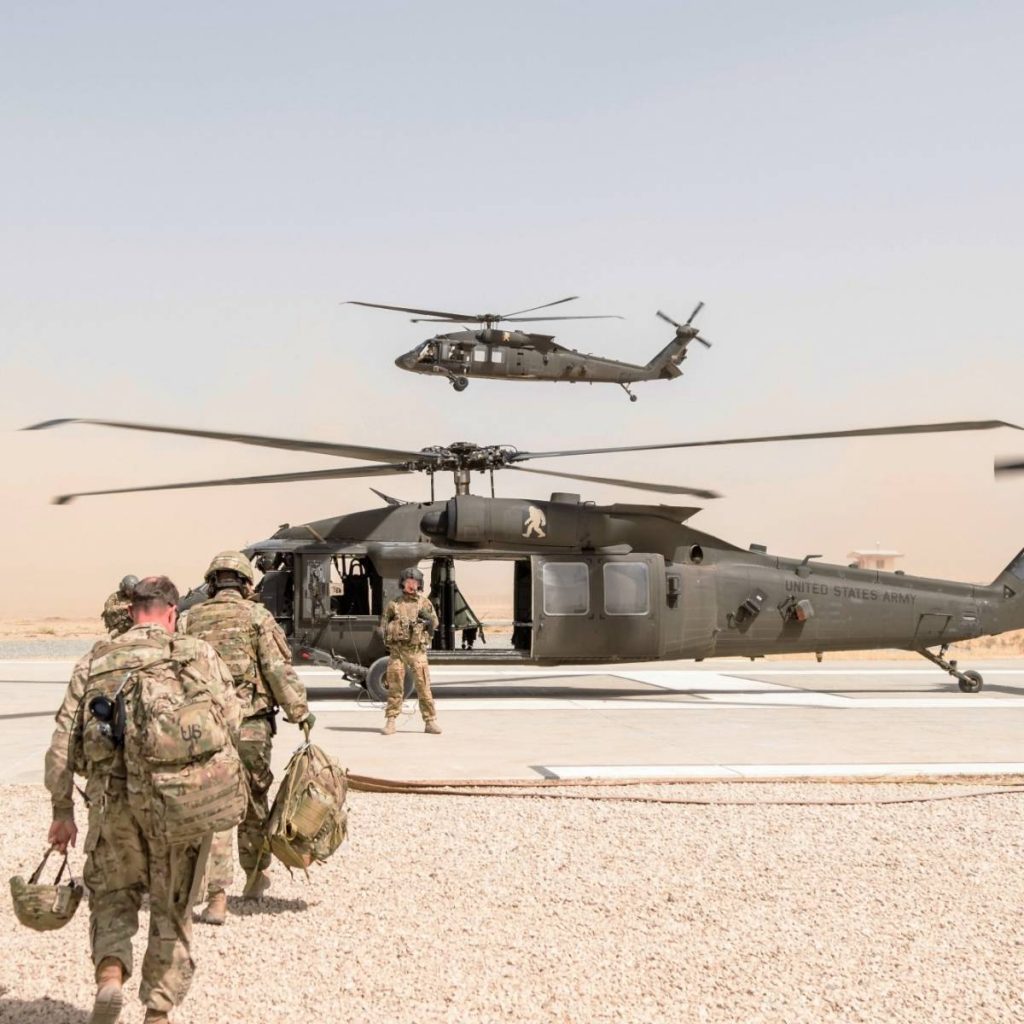
No doubt, the concept of a regional resolution to Afghanistan has continuously generated considerable political charm. However contradictory regional planned standpoints curb the possibilities for a balanced compromise on the current crisis in Afghanistan.
After the Soviet invasion from 1979 to 1989, the Najibullah Communist regime lasted for about three years, but it failed in 1992 when the Mujahideen captured Kabul. The Mujahideen subsequently created the Islamic State of Afghanistan, but disagreements surfaced between several factions.
Each faction was founded around warlords that dominated and inhabited specific areas of the country. The warlords reigned without giving due regard to the law and discriminatory and dictatorial politics were the standard in every province. In this framework, the Taliban was established among the Pashtuns, who had taken shelter in Pakistan, and by 1996 had dominated about 90 per cent of the nation, including major towns.
The Taliban’s rule was founded on a firm interpretation of Islamic law and while it re-established order in a turbulent society, it also ran a base for the global terrorist organisation, Al- Qaeda and overruled international standards on rights for women, children and basic human rights resulting in worldwide condemnation and UN sanctions.
As such, the Pashtuns are the nation’s largest ethnic community but other groups, like the Hazaras, who are Shia, and the Tajiks and Uzbeks, who are Sunni also comprise a significant portion of Afghanistan’s population. Afghanistan’s people demand political stability and economic vivacity, but the Islamism of the Taliban, which imposes the norms of the Pashtuns, denies others the right to practice and endorse their respective cultures & traditions leading to constant chaos.
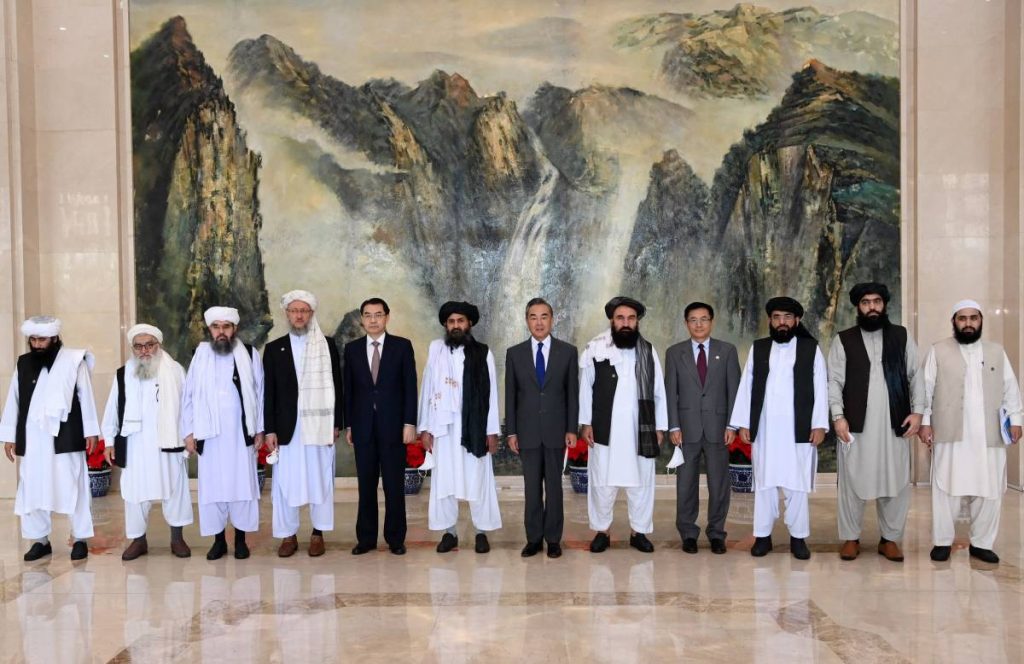
The September 11, 2001 attacks on the United States by the Al Qaeda that was flourishing in the sanctuary given by Taliban-ruled Afghanistan led to the launch of the Great War on Terror in Afghanistan, currently at the churn of international politics.
Though Russia and China did not resist the 2001 US intrusion in Afghanistan, they were profoundly apprehensive about the implications of a protracted American military existence in the country. Today both Moscow and Beijing can be seen smirking at the American situation in Afghanistan. Russia has not forgotten that the US had backed a jihadi insurrection against the Soviet regime of Afghanistan in the 1980s, which concluded in erstwhile USSR’s embarrassing military departure.
It is also an instance of geopolitical vindication for Iran that has been in contestation with the US, and for Pakistan, as stated by its Prime Minister Imran Khan, who has persistently been a vocal critic of US policies and more so for the Pakistani deep state within its military that has harboured and nurtured the Taliban & continues to do so till date.
In the background of this great-power politics, exercising its influence in Central Asia has been a priority for Russia and it has been engaging stakeholders through the Troika-plus grouping of the United States, Russia, China, and Pakistan.
ALSO READ: Indian chillies spice up China’s kitchens with bowl of rice
Undoubtedly, Russia faces serious threats from religious extremism, drug production, and trafficking originating from an unstable Afghanistan in the neighbourhood of Central Asia along with concern regarding its security along sovereign borders. Russia is desperately finding ways to engage with the Taliban, to assert its geopolitical significance as the regional hegemon, and thus, cooperating with China.
Even with the resurgence of the Taliban, neither of them wants to perceive the Taliban as an entity that would flatter and support international terror again. While, China worries about probable Taliban backing to the Xinjiang secessionist groups, Iran cannot overlook the Sunni radicalism of the Taliban and its tyrannical record with the Shi’a community and Persian-speaking minorities. Pakistan too has qualms about the fallout of possible skirmishes with the Afghans within its own boundaries, particularly with antagonistic clusters like the Tehrik-e-Taliban Pakistan (TTP) and Pashtun nationalists gaining increasing support in Afghanistan.4
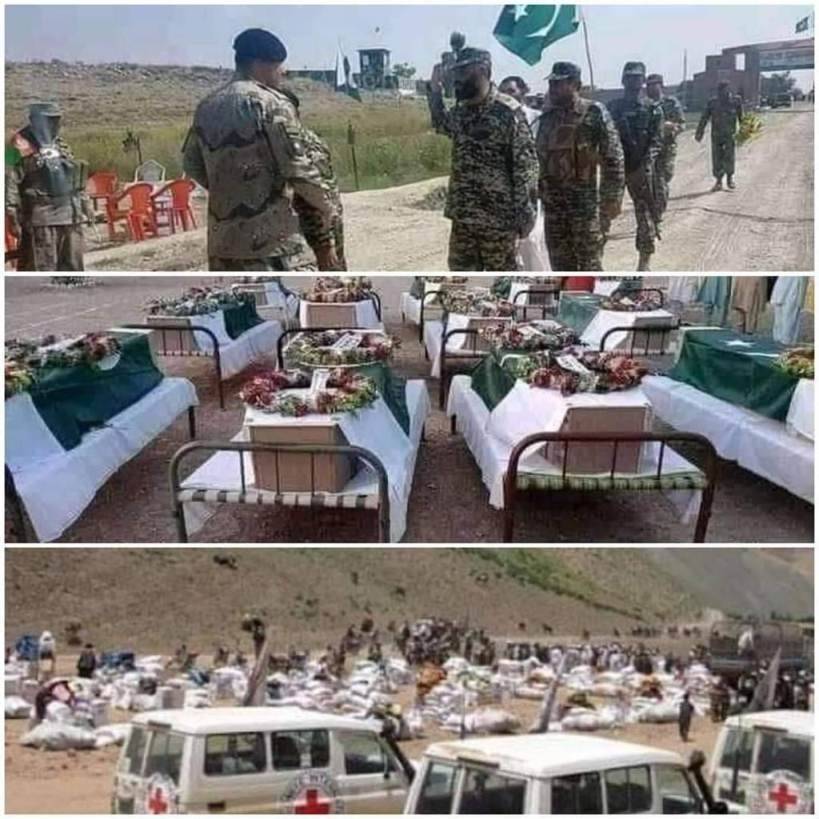
For long, Beijing has had the aspiration of extending the Belt and Road Initiative and its showcase project, the China-Pakistan Economic Corridor to Afghanistan with an eye on extracting Afghanistan’s enormous precious mineral resources such Cobalt, Copper, Gold, Iron, and Lithium.
The fractured political landscape in Afghanistan has also been an arena of tussle, earlier for the US and Russia and now growingly amongst a regional combination of forces that are attempting to gain a geopolitical foothold much to the chagrin of the Afghan people themselves. China and Pakistan are also aligned to expand their political outreach romancing the idea of unchallenged authority post-US exit.
In fact, China has recently signed a deal with Iran, offering $400 billion in Chinese investment.7 It is already in collaboration with Russia as part of a Comprehensive and Strategic Partnership. In the long term, these equations can impact Afghan power dynamics, especially considering the fact that the Iran-China agreement comprises expanding military cooperation through intelligence-sharing. The US withdrawal thus underpins the strongly held assumption that China could be acting as the possible substitute.
With the US is packing its bags in Afghanistan, the Financial Times reported that China now is proposing a promise to invest in Afghanistan & to develop infrastructure in exchange for peace.9 The report also disclosed that China has ‘proposed to construct a road network for the Taliban’ if they can guarantee peace.
Earlier, China had commenced a trilateral foreign ministerial association with Afghanistan and Pakistan in 2017, to promote negotiations with the two countries and expand the China-Pakistan Economic Corridor to integrate Afghanistan.
Islamabad and Kabul have had an edgy rapport, tainted in recent years by Afghan indictments that Pakistan is reinforcing Taliban insurgents. Pakistan always tries to refute it and claims that it aspires to see a nonviolent, peaceful and secure Afghanistan but fails to hide the reality of its covert actions and alliances with terror outfits, every now and then. On the other hand, China has acknowledged retaining connections with the Taliban and even welcomed their delegation to Beijing recently for negotiations.

Beijing is safeguarding its security concerns by acting to ensure stability in Afghanistan, given the country’s geographical proximity to its autonomous region in the northwest inhabited by Uighur Muslims in Xinjiang province. China perceives the province as a breeding ground for extremism, separatism, and religious radicalism.
In recent times, the Chinese Communist Party (CCP) has indiscriminately imprisoned between one and three million Uighurs alleged of such accusations in so-called “re-education centres” triggering international criticism over the horrific violations of human rights and proliferation of inhuman cruelties. China has through mass surveillance, effectively turned Xinjiang into a high-technocratic police state.
Meanwhile, the association between Pakistan and China does have some weightage with Pakistan’s profound influences on the Taliban merging with China’s enormous economic resources that the reconstruction of Afghanistan requires.
The picture however is not so simple, with many paradoxes complicating the situation. It is quite possible that Taliban 2.0, if at all that happens, plays spoilsport as the most unpredictable variable along the looming crisis of civil war in Afghanistan.
Undoubtedly, given the fact that the families of most Taliban leaders live in Pakistan, the latter does exercise considerable influence on the outfit and has the competence to destabilize Afghanistan. Moreover, Pakistan does not have the intent to construct a steady and genuine inclusive order in Afghanistan.
True, that the extension of the China Pakistan Economic Corridor into Afghanistan can be very instrumental in fulfilling Pakistan’s authority shortfall. However, there is an inherent enduring contradiction between the interests of Afghanistan and Pakistan, where Afghans despise becoming Pakistan’s protectorate as they value freedom and take pride in being masters of their own fate.
For its part, China has been equally involved in Afghanistan, like Pakistan, Russia, and Iran, in ensuring that the Taliban strengthens its resolve against the Government of the Afghan Republic that has been established by the western powers in the country.
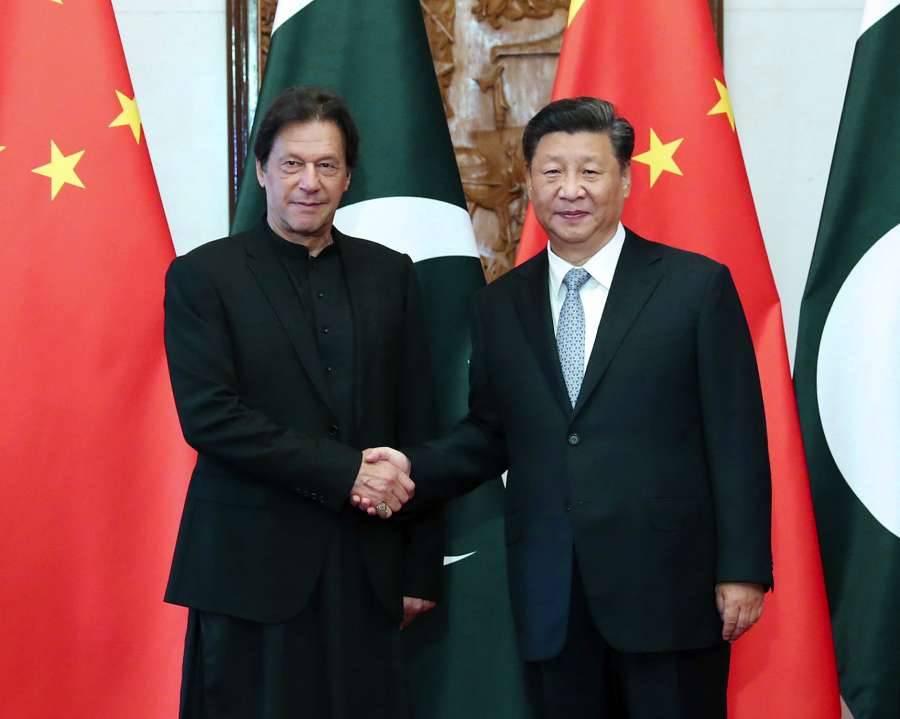
Beijing will tread cautiously and not immediately enter the crossfire in the absence of a stable political structure as this will needlessly draw the ire of the fighting sections in Afghanistan. Rather it is expected to prepare well and be ready to swoop in on an opportune moment with aid and investment on favourable political conditions. Signs of this have already emerged as the Taliban has welcomed Chinese investments and promised not to host any inimical actors in Afghanistan against China.
Thus, China continues to function and enhance its reach within Afghanistan, largely through Pakistan, which has been the major investor in the Taliban’s journey. The Afghan militants remain Rawalpindi’s principal asset notwithstanding their drama of nervous anxiety with violence and a call for an “Afghan- Led, Afghan-Owned” inclusive peace process.
The main significant concern post-US withdrawal for China is a Taliban-led Afghanistan hosting a safe haven for Uyghur secessionists and the separatists of the East Turkestan Movement (ETIM). These organizations pose a serious challenge for China’s territorial sovereign integrity in Xinjiang. Taliban earlier is known to have been a “spiritual agitator and material supplier” to the ETIM, trained their fighters, supplied military material, gear in addition to providing sanctuary and fundraising.
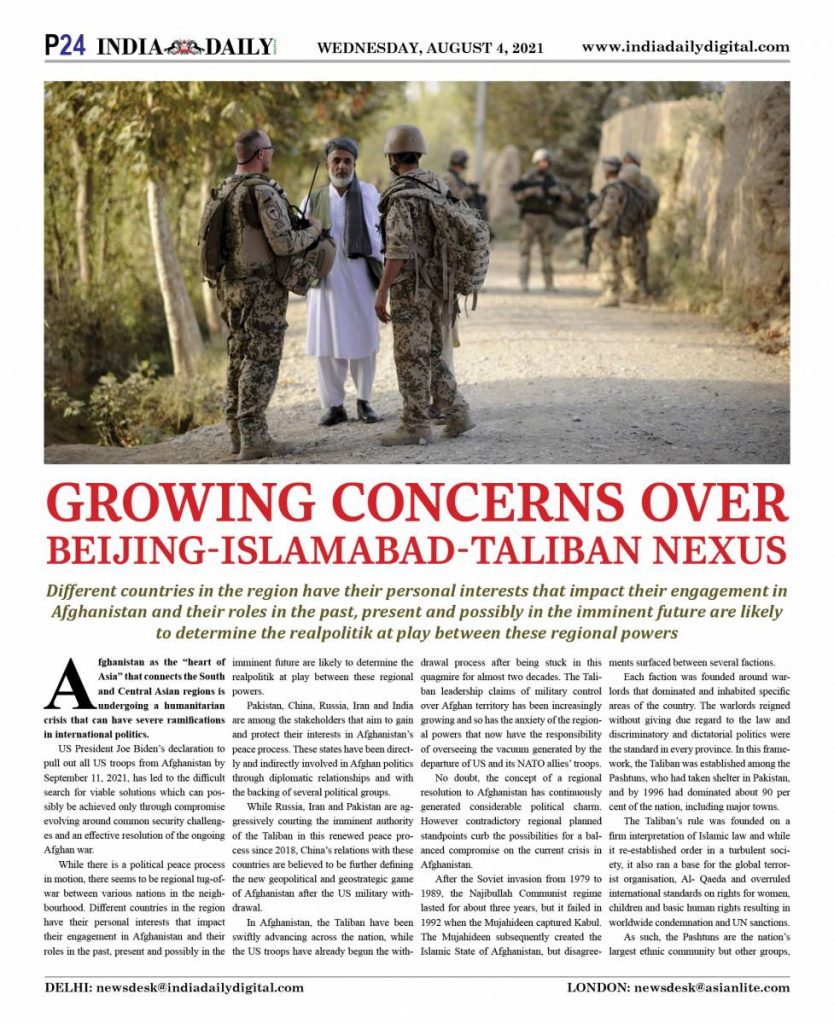
For the most influential regional actors, on the one hand, Afghanistan is an opportunity to expand one’s economic influence, trade, connectivity, accessibility in Gulf and Central Asian markets.
On the other hand, there is the looming fear of resurgence of an Islamic State Khorasan Province kind of scenario and transnational threats like radicalism, extremism, militancy, drug trafficking, refugee crisis, and insurgency gaining ground. Despite their common views about the US withdrawal, it is obvious that no regional actor wants the other to have a superior hegemonic influence over Afghanistan.
Sadly, the Afghans are now on their own and will have to settle issues either between themselves or with the assistance of regional actors. The regional powers may not want to be in a hurry to take the responsibility of the Afghanistan political puddle but would prefer taking a long-term approach that would facilitate their outreach within the war ridden country.
But there are moments in history when one has to act and act fast with presence of mind. Due to the geographical imperatives of being in the vicinity, most regional states in comparison to the US have more to gain or miss from the situation.
The Central Asian security conundrum and the Middle Eastern woes all seem to be intertwined with the Afghan Crisis at this juncture. While the world powers compete with each other to generate hegemonic influence in the region, it would be fruitful to remind themselves that the intention of intervention matters in Afghanistan. After all, there is a reason why this country is often referred to as the graveyard of empires.


